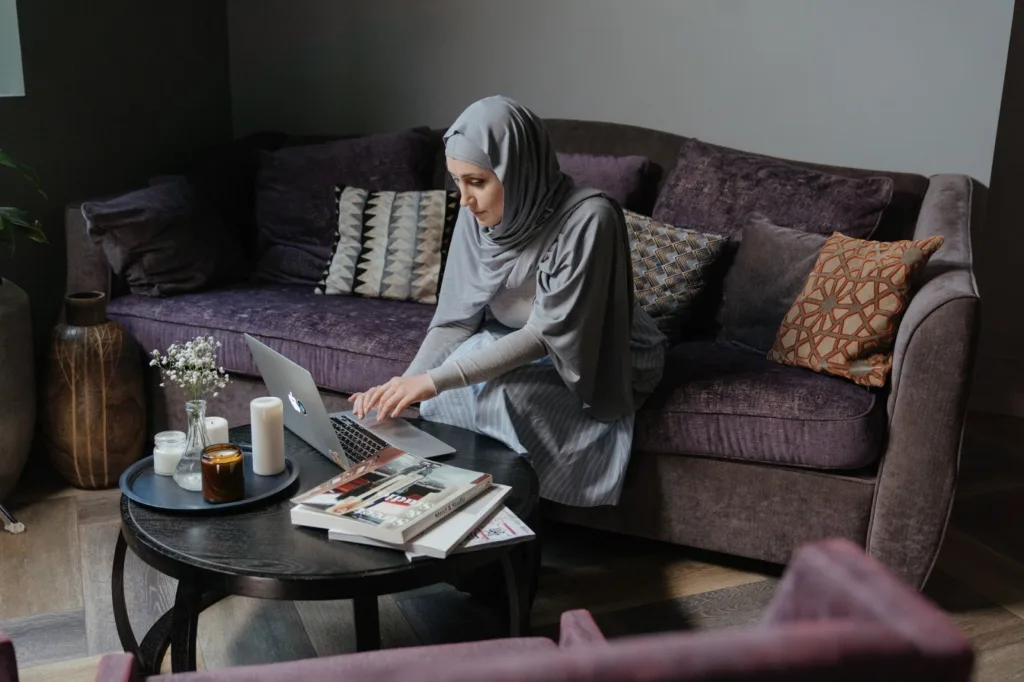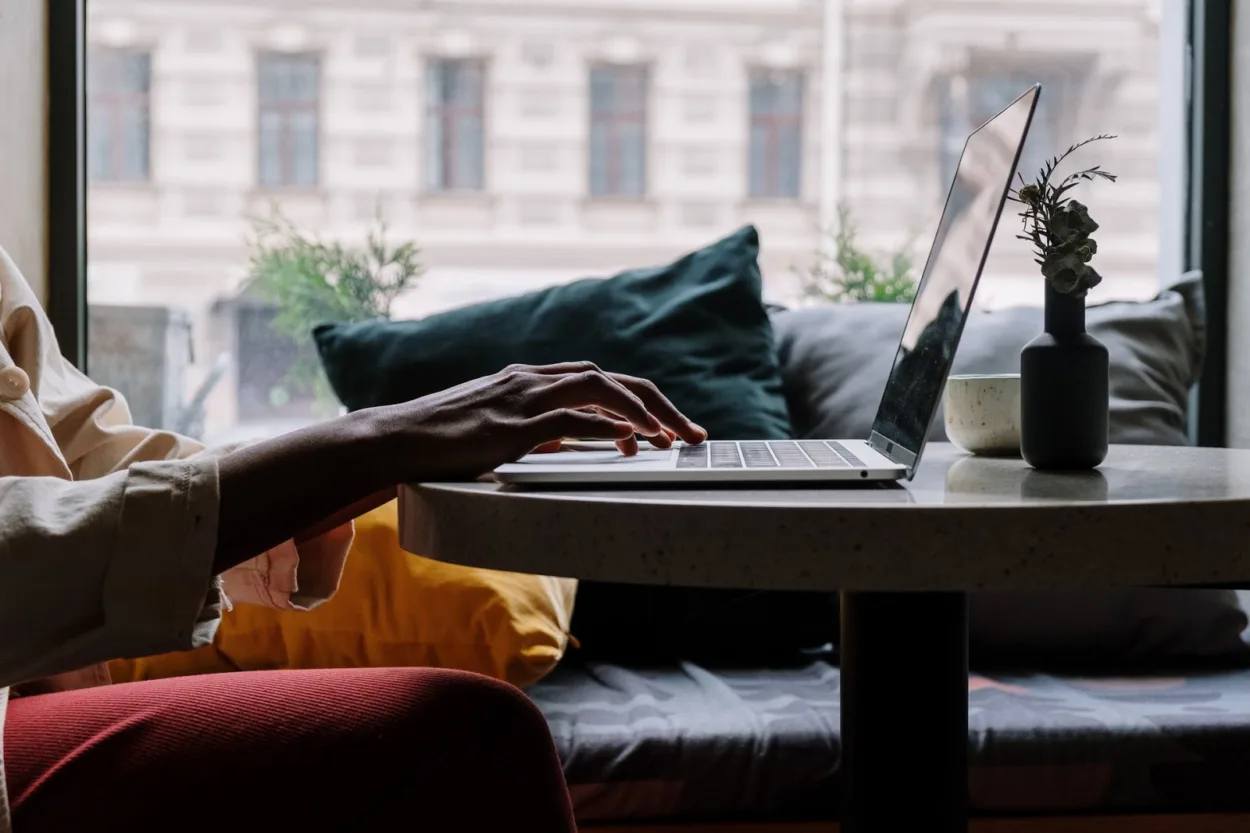
This year’s pandemic has affected so many individuals, in a wide variety of ways. Many are without employment, placing added pressure on families to make ends meet. Others who were integral parts of in-office workplaces are now adapting to the new normal that is the work-from-home lifestyle, complete with virtual meetings, online project management and digital communication. In fact, no matter the profession it’s likely safe to say that COVID-19 has had a hand in affecting your industry over the course of the past year.
COVID-19 has certainly affected the way that counselors and therapists provide treatment, especially for individuals seeking rehab services to help them overcome substance use habits. Coronavirus has redefined so many aspects of the therapy world, everything from the manner in which we seek treatment to the rehab services and modalities. Both clients and therapists have been forced to adapt, as the pandemic continues to make in-person meetings difficult and the need for counseling services grows arguably more important than ever before.
How has the pandemic affected counselors, therapists and licensed medical professionals?
Counselors and nearly all therapy providers have seen their daily practices affected by the pandemic. These same licensed medical professionals have had to identify and pursue new ways to extend critical services to both new and returning clients.
Since the pandemic and social distancing protocols first made in-person therapy impossible counselors have been faced with a resounding question: how can counselors provide the same quality of therapy and treatment modalities, without sharing the same space? Video conferencing has allowed many licensed counselors to offer therapy services, though virtual therapy can prove difficult at times. Many of these therapists are experiencing virtual counseling for the first time, complete with all the challenges that the treatment method offers.
Therapists turning to online counseling are challenged to learn new video call platforms, without the benefit of being in the same room as clients and experiencing body language, verbal and non-verbal cues firsthand. At the same time, counselors are actively learning how to help clients actively deal with struggles, challenges and concerns that are directly related to COVID-19 stress, anxiety, etc.
How are clients dealing with COVID-19?
Counselors aren’t the only ones finding ways to cope with changes to therapy and treatment modalities in the wake of a global pandemic; clients are also learning to embrace a new normal. In particular, clients are learning to use new technology necessary to join an online counseling session.
It’s no surprise that COVID-19 has brought with it a wave of added stress. It has been estimated that one in five Americans has struggled with mental health challenges, a study that was completed before quarantining added additional stress and anxiety into so many lives. Even clients who before had experienced little to no work or life-related stress are now feeling increased pressure and anxiety, making mental health counseling services more important than ever.
Especially if you’re a client who will be experiencing online counseling for the first time, it’s a great idea to get all of your technology ready beforehand. If you’re going to be using a laptop, make sure that it works and that it has sufficient battery to last the entire session. You’ll also want to check your internet connection ahead of time; if you’re worried that your WiFi might not sustain a quality connection, you may want to try plugging your laptop directly into your router.
While you’re at it, go ahead and test your other technology to make sure that they’re working ahead of your call. This includes both your camera and your microphone; if you’re using a laptop for your online counseling call, both your mic and your front-facing camera should be already built-in. If you’re plugging in either a mic or an external camera, take the time to test the connection of both.
If there are others in your home, or wherever you’ll be taking your counseling session, you might want to use a pair of headphones to prevent audio from being overheard. If you do use headphones, make sure that they’re working correctly. While you’re at it, consider the use of a noise machine, or white noise mobile application on your phone, to serve as a sound barrier to keep your session confidential from anyone who might overhear your voice.
Make remote rehab strides today through Rehab After Work
If you’re someone looking to distance yourself from self-destructive substance use habits, don’t allow a pandemic to get between you and a happier, healthier lifestyle. Rehab After Work helps you receive the rehab treatment you need to take you first steps toward recovery, even when social distancing protocols mean you can’t meet with a licensed healthcare professional in person. Call (610) 644-6464 today, or reach out via our online contact form for outpatient drug and alcohol rehab that fits your schedule and delivers life-changing rehab treatment.





